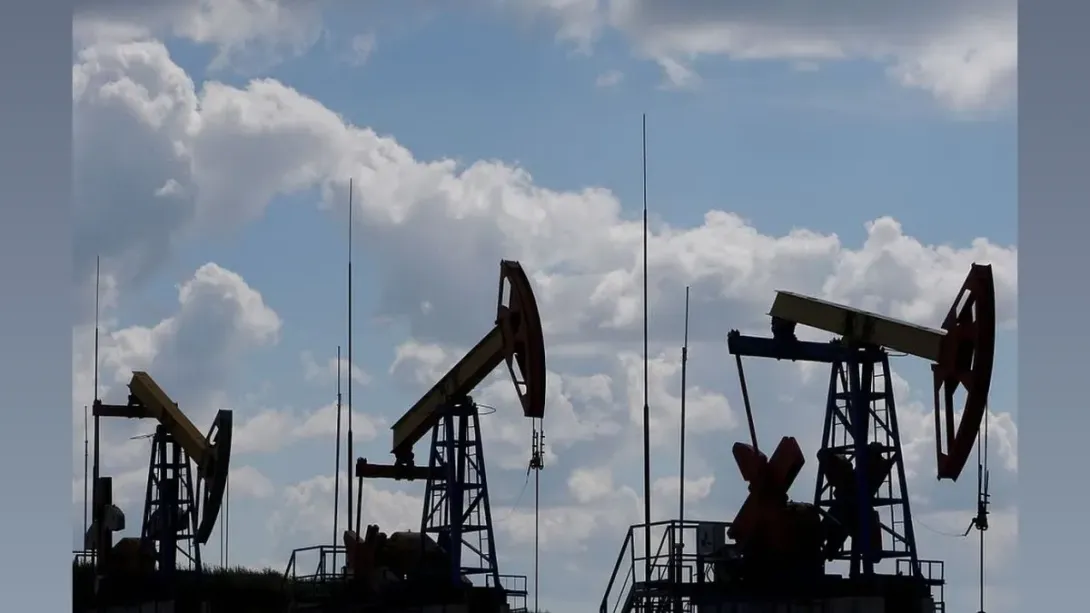India is set to expand crude oil imports from key suppliers in the Middle East and the United States to strengthen its energy security amid global market volatility. The move aims to diversify supply sources, mitigate price risks, and meet rising domestic energy demand fueled by industrial growth and transportation needs. Officials indicate that increased imports will be strategically balanced between long-term contracts and spot market purchases, optimizing costs and supply stability. Analysts suggest that this approach could help India hedge against geopolitical disruptions, stabilize refinery operations, and support economic growth while maintaining competitiveness in global energy markets.
---
Strategic Energy Diversification
India’s energy planners are prioritizing diversification of crude oil sources to reduce dependency on a single region. The Middle East remains a major supplier, particularly from countries like Saudi Arabia, the UAE, and Iraq, providing high-quality crude suitable for Indian refineries.
Simultaneously, increased imports from the United States, including shale crude, offer alternative grades and strengthen strategic energy partnerships. This dual approach aims to ensure consistent supply, reduce vulnerability to geopolitical tensions, and enhance bargaining leverage in global oil markets.
---
Economic and Market Implications
Expanding crude imports has several economic advantages:
Price Management: Securing diversified supply helps India mitigate the impact of price volatility in international oil markets.
Refinery Optimization: Availability of multiple crude grades allows refineries to optimize output, increase efficiency, and reduce operational costs.
Energy Security: Diversification ensures a steady supply of fuel for industrial, transportation, and residential sectors, supporting overall economic growth.
Analysts expect this strategy to balance India’s trade deficit while maintaining competitive domestic fuel prices.
---
Geopolitical Considerations
India’s increased engagement with both Middle Eastern and US oil producers reflects broader geopolitical strategy. Strengthening ties with traditional suppliers ensures reliability, while sourcing from the US aligns with energy diplomacy and supports strategic partnerships in technology and trade.
This diversified sourcing approach also helps India navigate global supply shocks, including OPEC+ production cuts, regional conflicts, and logistical disruptions, while maintaining stable domestic energy availability.
---
Domestic Energy Demand
Rising industrial activity, urbanization, and expanding transportation networks are driving growth in crude oil demand. Analysts estimate that India will require an additional 200,000–300,000 barrels per day in the next fiscal year to meet consumption needs, making diversified imports essential for uninterrupted fuel supply and refinery operations.
Energy planners emphasize the importance of timely imports, strategic storage management, and collaboration with private and public refineries to ensure resilience in the domestic energy ecosystem.
---
Future Outlook
India’s plan to increase crude oil imports from multiple sources positions the country to better manage price volatility and supply risks. With a combination of long-term contracts and spot market purchases, India seeks to maintain energy security while supporting refinery operations, economic growth, and industrial expansion.
Experts predict that this strategic approach will enhance India’s energy resilience, strengthen international partnerships, and contribute to sustainable economic development in a rapidly evolving global energy landscape.

Comments